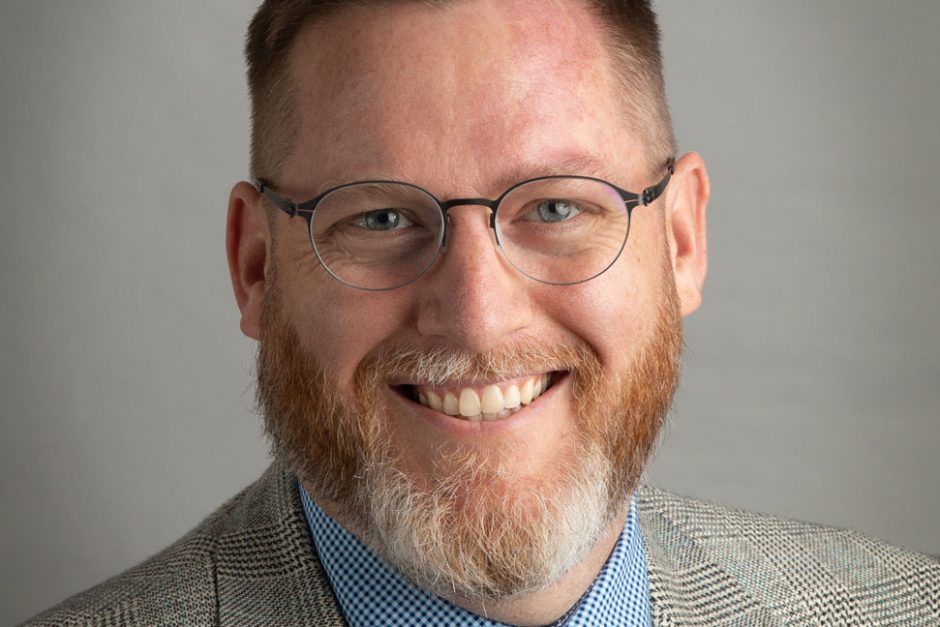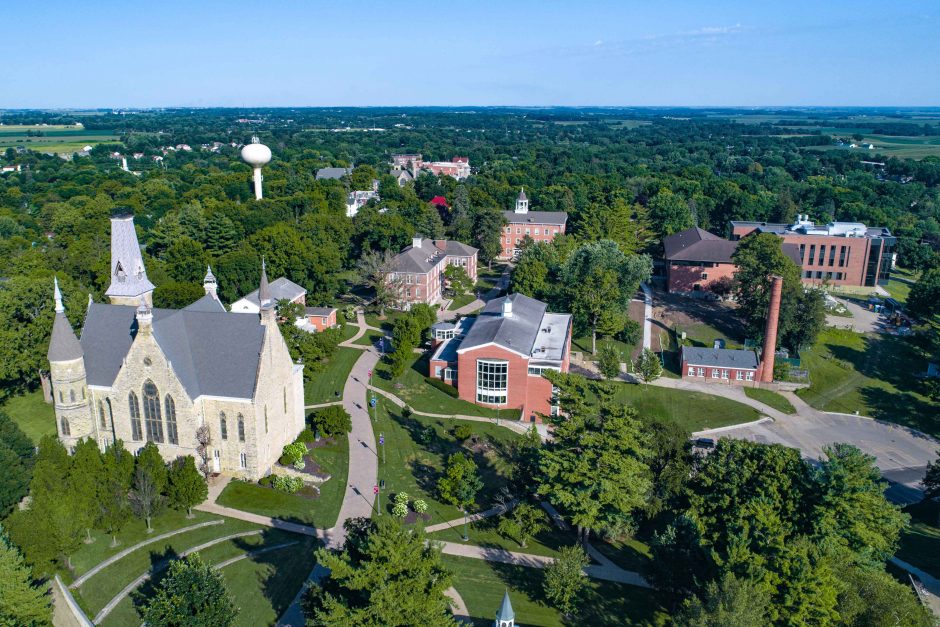Cornell choirs, orchestra perform authentic ‘Messiah’ Dec. 4
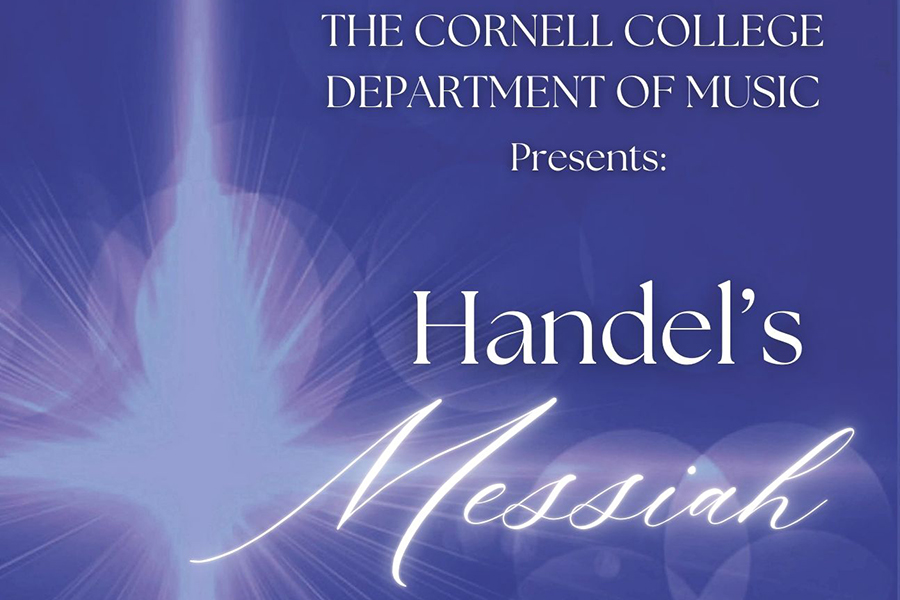
Over the years Handel’s “Messiah” has grown to include larger and larger orchestrations, but the version Cornell College’s music department is preparing is closer to how Handel himself performed it at its 1742 premiere—not just in size but in performance techniques.
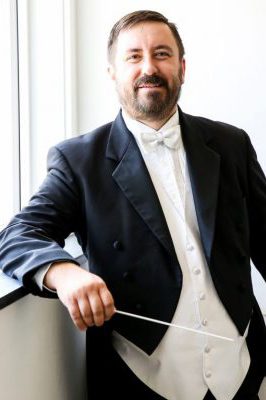
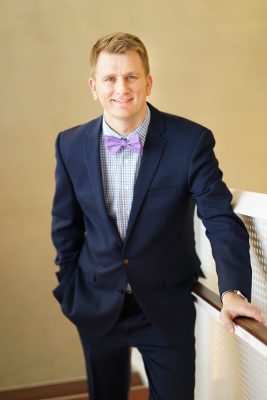
At 7 p.m. on Wednesday, Dec. 4, Cornell College’s combined Chamber Singers, Concert Choir, and Chamber Orchestra will present the “Messiah” at the Mount Vernon High School Performing Arts Center adjacent to the Cornell campus. The concert is free and the public is invited to attend.
“The ‘Messiah’ has evolved over time into several different orchestrations. The one we’re using we believe to be the one closest to Handel’s original work. In fact, his premiere in Dublin would have been an even smaller ensemble,” said Professor Joshua Neuenschwander, director of instrumental music at Cornell.
In addition, this performance emphasizes performance practices of the day—limited vibrato in both the voices and instruments, lighter singing and playing, as well as more detached articulation, said Professor Christopher Nakielski, director of choral music.
“I think for many ensembles and their respective directors, it’s custom to just come out guns blazing in terms of volume and we’re trying to be a little more sensitive to what might have been done in the 1700s when ensembles and venues were smaller and instruments weren’t as powerful yet,” Nakielski said. “For instance, many of the strings during this time were made from sheep intestines, also known as ‘cat gut’ and while the sound emitted from these strings had a great deal of warmth, the design of these instruments dictated performance practices of not only the string players but the singers as well.”
Fifty-three singers and about 20 orchestral musicians will present the “Messiah” as their fall masterwork concert. Several Cornell music faculty will join their students because the concert is not on a weekend when many of them perform with professional ensembles.
Neuenschwander will conduct the performance. Nakielski prepared the chorus and will sing with them.
“The ‘Messiah’ is so beloved that we’re still doing it 300 years later, and that’s a pretty powerful thing. One of our cellists mentioned that, while he’s heard it a million times, now he has a connection to all of these experiences throughout history,” Neuenschwander said.
Nakielski was excited to offer the three young alumni the chance to have big roles in a masterwork, given that they lacked that opportunity while in college during a pandemic. Soloists for the program are baritone Luke Henson ’24, alto RuthAnne Hale ’23, tenor Sam Dolinsek ’24, and soprano Eva Todd ’25.
To prepare the chorus, Nakielski combined the Chamber and Concert choirs for the entire fall semester and chose to forgo a mid-semester concert in order to focus on what he calls the most performed classical work of all time.
“Because of Cornell’s block program, our students like focusing intensely on something. That works well for multi-movement masterworks,” he said. “The ‘Messiah’ is well over an hour and I wanted to do due diligence in preparing it. People are singing with people they don’t usually sing with, the younger voices have benefitted from hearing the older, more mature voices, and I’ve noticed a considerable amount of growth. By joining the two choruses together, it’s a really big sound.”
Tags: music

